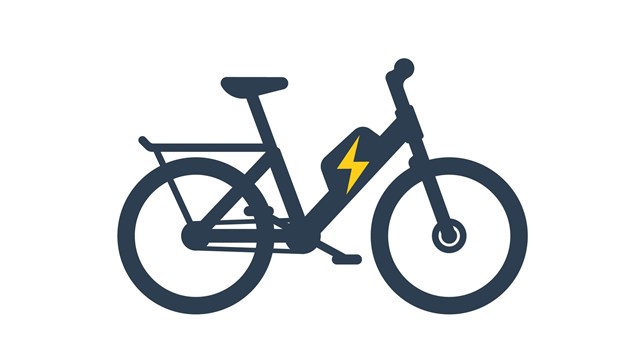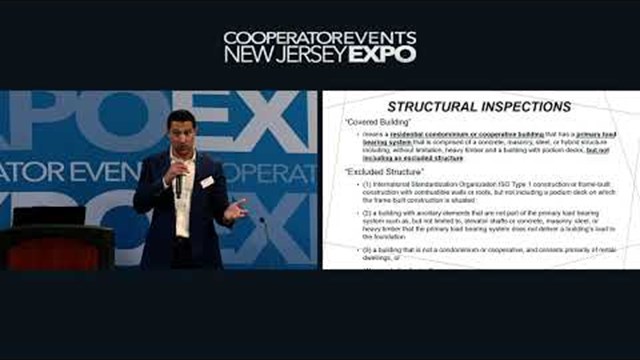While we tend to think of summer as a time to slow down, relax a bit, and unplug, things never really do that in the world of shared communities. New Jersey condos associations, co-ops, and HOAs are facing a number of pressing issues that likely won’t take time off just because school is out and people are on vacation. Here are a few to keep on your radar:
Cannabis
Over the past few years, recreational marijuana has been legalized in many states and localities, including New Jersey. While legalization has eliminated the potential legal and much of the social stigma associated with pot, it has raised other issues. Perhaps the most common of these is the smell of secondhand marijuana smoke wafting around common areas, or into adjoining units. Not everyone likes the smell, and there are legitimate questions about the safety of secondhand smoke. The question is, can condo and co-op communities regulate it?
“Co-op properties can prohibit smoking cannabis on the property,” says Scott Piekarsky, a partner with the law firm Phillips Nizer located in Hackensack, New Jersey. “They can control non-medical use with a simple board vote. In a condo, the board can’t prohibit smoking marijuana without formally amending their governing documents.”
Piekarsky notes that his clients are receiving complaints about the smell, especially at clubhouses. “They are asking us if they can restrict use to specific areas, as is done with tobacco. I believe that if you can prohibit tobacco smoke in a specific location, you can prohibit pot smoke there as well. Smoke is smoke.”
EV Charging Stations
Another big issue facing shared communities, particularly in large, multifamily properties, is accommodating the growing number of electric cars and their need for charging stations. There’s a New Jersey statute that requires community associations to permit installation of charging stations. “You can’t prohibit these installations,” explains Piekarsky, “but you can back-charge for all related costs and insurances.”
Few communities are moving to large scale installation of charging facilities at this time. As a purchasing decision, electric cars are still quite expensive and charging stations are few and far between. Most electric vehicle buyers tend to be single-family homeowners who can simply install a private charger in their garage. At this time, no financial assistance is forthcoming from the state of New Jersey to encourage implementation in multifamily settings, though given the growing popularity of EVs, that could very well change.
Board Elections
The pandemic prompted many shared communities to move their annual meetings to a virtual format. In New Jersey, this move required legal and legislative maneuvering due to the Radburn decision, a law governing shared community elections that requires extensive transparency based on in-person elections. Condo, co-op and HOA owners are demanding adherence with these requirements, which has prompted elections back into an in-person format. Communities are accommodating those who have lingering covid concerns by supplying masks, and in some cases broadcasting the proceedings online as well.
Swimming Pools
Lastly, summer is pool season, and while the pandemic may be declared officially over, other challenges have presented to communities with bathing facilities - most notably, a shortage of lifeguards. The lack of a lifeguard at a building’s or HOA’s pool can be a concern, both in terms of safety and cost.
“Due to costs and saving money, there is a push for some boards to open [their pool] without a lifeguard,” says Piekarsky, who cautions that while it may be legally permissible to have an unattended pool on one’s property, and “So long as the association has insurance in place, they are covered,” as an attorney he says, “I would prefer to have a lifeguard on duty for liability issues. If you have good attendance at the pool and people are paying attention - especially to children - and you post that there isn’t a lifeguard on duty, you should be OK” from an indemnification standpoint.










Leave a Comment